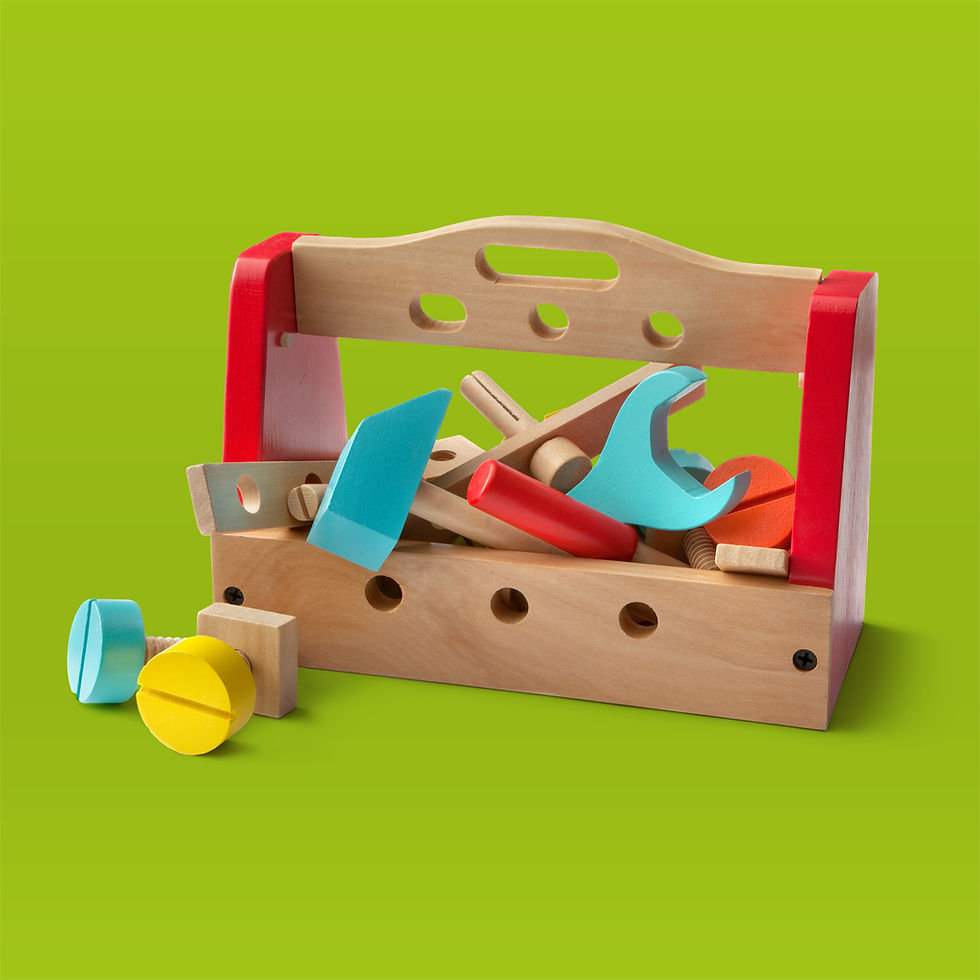Tired of wondering what to make for dinner when you get home from work? Sick of going into the supermarket every couple of days for stuff you've forgotten? Want to reduce the amount of food that gets wasted in your house? Then you may like to check out my Meal Planning Toolbox...

Have you heard the saying "if you fail to plan, then you are planning to fail"? I think the word "fail' is a bit extreme in this situation, but the idea that a little bit of planning can save you a lot in the long term still applies. So what can meal planning save you?
Time: wondering what to have for dinner, trying to make the ingredients you have into something to eat, and multiple visits to the supermarket.
Money: you only buy the food you need, less food is wasted, you make fewer impulse buys, and buy less convenience food.
Regular meal planning is also associated with other benefits, such as:
Healthier eating: you are more likely to meet guidelines for fruit and vegetable intake, have greater variety in your diet, and find weight management easier.
Family benefits: you model healthy eating for your children, pass on important life skills, and talk to each other at the dinner table!
Meal planning will take a bit of time at first, but the more you do it the quicker you will get.
To help you along the way, I've listed the tools I have in my Meal Planning Toolbox:

One regular day of the week for planning and shopping.
Make it a part of your routine. It will become a habit, and you will become quicker and more efficient the more often you do it.
A weekly roster / meal planner.
This can be a printed sheet of A4 paper attached to the fridge door with magnets, or pinned up on a board in the kitchen, whatever suits. Write up all your regular commitments - choose quicker cooking meals for your busy days - and don’t forget to write where the recipe came from (which cook book or website for example), and any special instructions, like "take the mince out of the freezer in the morning".
A rolling shopping list.
Write up anything you run out of during the week. It's annoying when you are half way through cooking dinner and remember you ran out of one of the ingredients the week before, and forgot to buy it during your last shop!
A collection of tried and true recipes.
Start with the ones you know the family likes, and add to this collection as you expand your cooking repertoire.
Head to my "Resources" page for links to some awesome (and free) downloadable cookbooks.
Family input.
Involve your partner, and children if you have them. The more involved they are, the more likely they are to eat the meals! You might like to choose a theme for days of the week, like "Mexican Monday", "Fish Friday" or "Soup Saturday". You could also get the children to choose one meal a week. Depending on ages, your children can also help with food prep. Start simple (and safe), and you will be passing on important life skills, along with the knowledge of where their food comes from.
A folder to put it all in.
Printouts of recipes from websites, copies of meal planners and shopping lists, any feedback on the recipes or changes required, substitutions you made that worked and didn't work...
Just remember that sometimes even the best-laid plans don't work out. It's good in those situations to have a few fall-back, super-quick meal options. No-one ever died from having scrambled eggs or baked beans on toast for dinner, or re-heating the leftovers from last night's dinner. Life gets busy, and we all do the best we can. Even if you only manage a few planned meals a week, chances are you will save a bit of time and money, and have fewer nights when you ask yourself that dreaded question "What on earth am I going to make for dinner?"

Comments